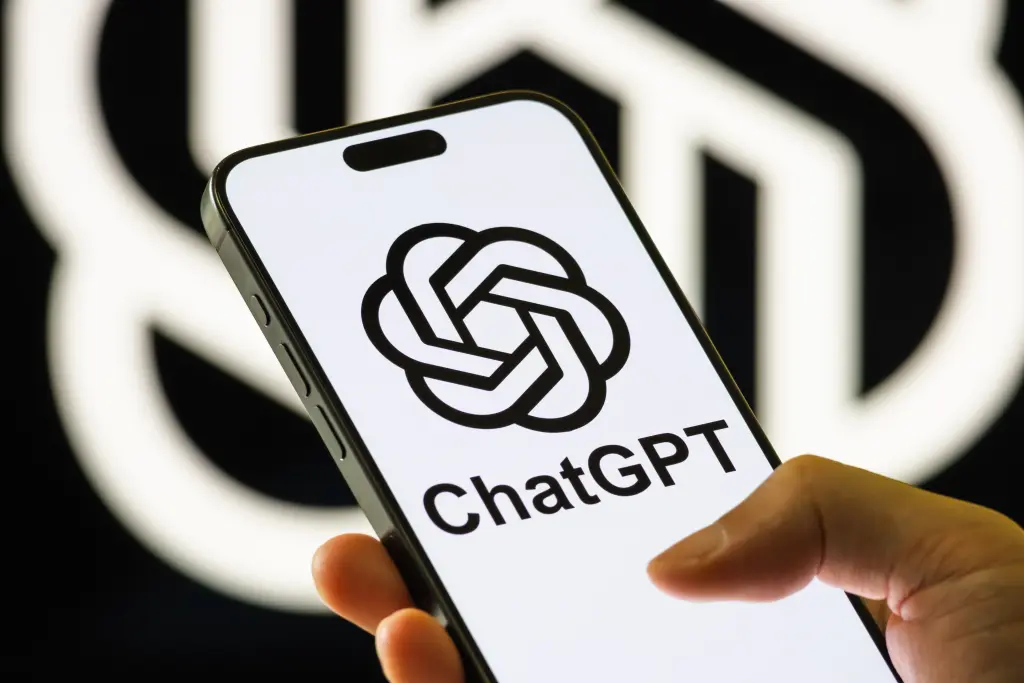Mental wellbeing is increasingly influenced by the way we seek and process health information online. But as one recent case shows, relying on AI-generated advice without medical oversight can have dangerous consequences — both for physical health and mental stability.
A 60-year-old man was hospitalized with severe psychiatric symptoms — alongside troubling physical issues like extreme thirst and loss of coordination — after following misguided dietary advice he received from ChatGPT.
What began as a seemingly healthy lifestyle change turned into a dangerous toxic reaction so severe that doctors placed him on an involuntary psychiatric hold, raising urgent questions about mental wellbeing in the age of AI.
How It Started: The Salt Swap Gone Wrong and Its Mental Wellbeing Impact
After reading online about the potential health risks of table salt (sodium chloride), the man asked ChatGPT for a healthier alternative. The AI reportedly suggested sodium bromide — a compound that looks similar to table salt but is chemically very different. While sodium bromide has limited medical applications, it is mostly used for industrial cleaning and water treatment. Experts believe the AI recommendation referred to this non-food-grade version.
Having studied nutrition in college, the man decided to run his own “diet experiment.” He completely eliminated sodium chloride from his diet, replacing it with sodium bromide purchased online. Over the course of three months, his body slowly accumulated toxic levels of bromide — with serious consequences for his physical and mental wellbeing.
Escalating Symptoms and Hospitalization
He was admitted to the hospital after becoming convinced that his neighbor was poisoning him. The man reported distilling his own water and following strict dietary rules, yet complained of extreme thirst and was suspicious even when offered water.
Although he had no prior psychiatric history, his mental wellbeing rapidly deteriorated within 24 hours of admission. He developed paranoia, auditory hallucinations, and visual hallucinations. His behavior became erratic, and he attempted to escape the facility.
Doctors diagnosed him with bromism — a rare toxic syndrome caused by excessive exposure to bromide. Treatment included intravenous fluids, electrolyte replacement, and antipsychotic medication. He was transferred to an inpatient psychiatric unit for stabilization.
Physical and Mental Wellbeing Consequences
Once stable, the patient disclosed additional symptoms:
- Acne and cherry angiomas
- Severe fatigue and insomnia
- Ataxia (lack of muscle coordination)
- Polydipsia (extreme thirst)
These signs aligned with chronic bromide toxicity. Beyond the physical effects, the psychological impact was severe. His paranoia, hallucinations, and confusion were likely a combination of direct neurotoxic effects and the emotional strain on his mental wellbeing.
The Bigger Picture: AI, Health Advice, and Mental Wellbeing Risks
The case, published in Annals of Internal Medicine Clinical Cases, highlights the dangers of taking medical or nutritional advice from AI without professional oversight. While AI tools like ChatGPT can provide general information, they may generate plausible-sounding but incorrect recommendations — especially in areas requiring specialized medical knowledge.
Mental health experts are increasingly warning about “ChatGPT psychosis” or “AI psychosis,” a term describing severe psychological distress that can occur when individuals place excessive trust in AI-generated advice or become deeply immersed in chatbot interactions. This can harm mental wellbeing, leading to paranoia, obsessive behaviors, and social withdrawal.
Public Trust and AI in Health
A 2025 survey found:
- 35% of Americans already use AI for health and wellness guidance.
- 63% trust AI for health information — more than social media (43%) or influencers (41%) but less than doctors (93%) and friends (82%).
- People find AI more approachable than speaking with a professional (27%) and more targeted than search engines (31%).
However, as this case demonstrates, AI cannot replace qualified healthcare providers. Protecting physical health and mental wellbeing requires careful verification of any AI-sourced advice.
Frequently Asked Questions (FAQ) –
Q1: Is it safe to take dietary advice from ChatGPT or other AI tools?
Not without professional review. AI can generate inaccurate or misleading information. Always verify health and nutrition advice with a licensed healthcare provider to protect your mental wellbeing and physical health.
Q2: What is bromism?
Bromism is a toxic condition caused by excessive bromide exposure. Symptoms can include confusion, hallucinations, coordination problems, skin changes, fatigue, and extreme thirst.
Q3: Can AI cause mental health problems?
AI itself doesn’t directly cause psychiatric illness, but overreliance or obsessive engagement with chatbots can exacerbate anxiety, paranoia, or psychosis — especially in vulnerable individuals, affecting their mental wellbeing.
Q4: What is “ChatGPT psychosis”?
This is an informal term describing severe psychological distress linked to overuse or misuse of AI chatbots, often involving delusional thinking, paranoia, or detachment from reality.
Q5: How can I safely use AI for health information?
Use AI for educational purposes only, cross-check advice with reputable sources, and consult healthcare professionals before making medical or dietary changes to safeguard your mental wellbeing.







